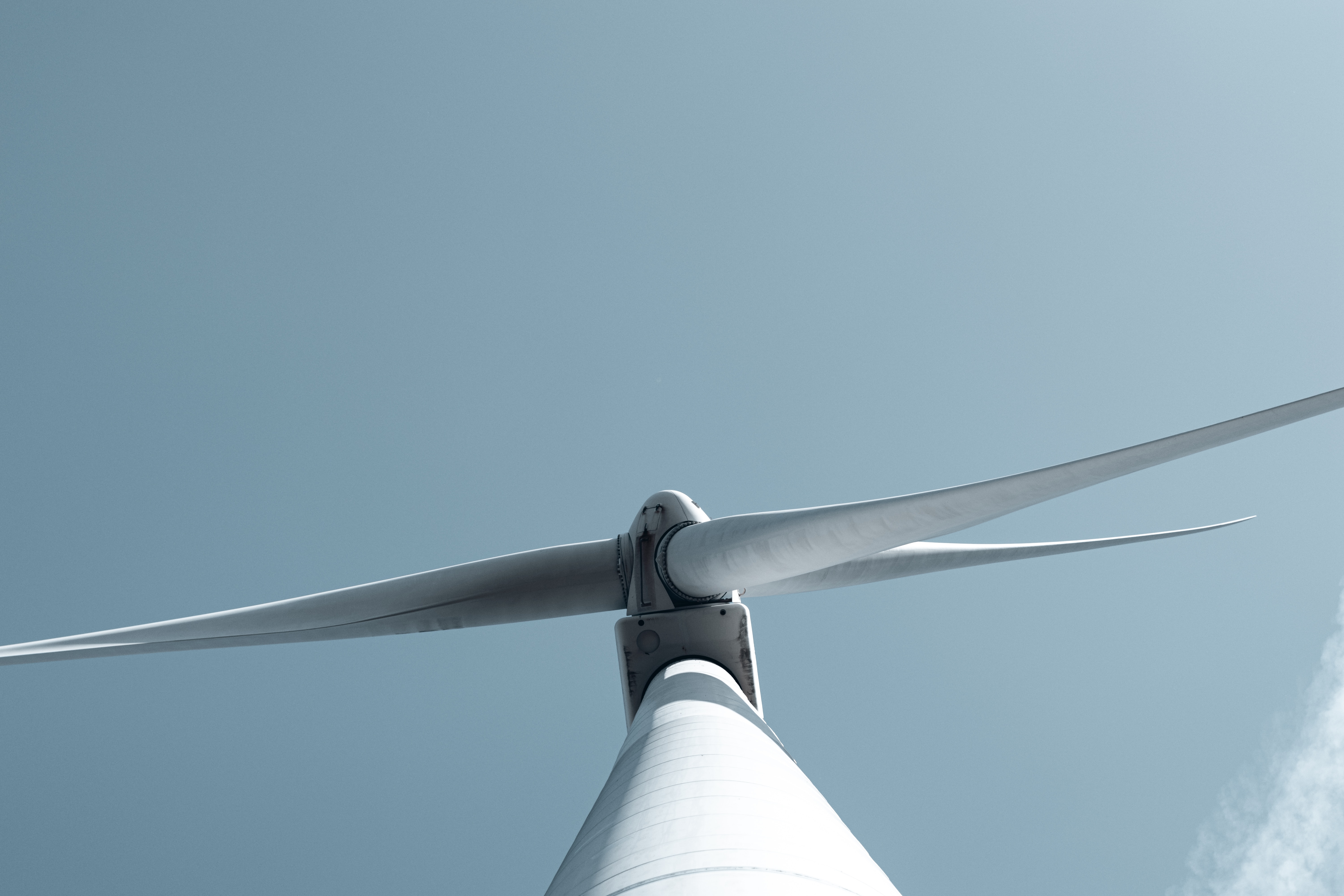
General information
Europe currently is among the global leaders in wind energy technology accounting for more than 70% of all wind power installed in the world. This meets nearly 14% of the EU’s power demand, being the second largest form of power generation in the EU. However, the huge growth that wind energy has experienced in Europe since the 90’s is starting to pose environmental problems associated to the challenges of the end-of-life management of wind farms that have reached the end of their useful lives. The EU co-funded project EoLO-HUBs, funded with almost 10 million euros, comes to propose and demonstrate novel solutions to recycle high value materials from the wind turbine blades, developing a set of innovative composite material recycling technologies.
Objectives
Wind turbines blades are made of a combination of different materials, such as wood, metallics, adhesives, coatings, and composites. The recycling of end-of-life composites is challenging due to the heterogeneity of the material (i.e. including both fibres and polymerics) and the strong adhesion between the fibre and the polymer. Recycling composite materials frequently comes with the undesirable side-effect of “downgrading”, resulting in a raw material with low performance and therefore a low value. As a result, most of this end-of-life composite is currently landfilled or incinerated.

Impacts
In this context, EoLO-HUBs’ solution will provide an answer to the three main technology areas involved in the decommissioning and recycling of end-of-life wind turbines:
1. Decommissioning and pre-treatment of wind turbine blades, including handling, non- destructive inspection tools, cutting, shredding, and sorting.
2. Sustainable fibre reclamation processes addressing two alternative technologies: Low carbon pyrolysis and green chemistry solvolysis.
3. Upgrading processes for the recovered fibres, including both glass fibre and carbon fibre.
Furthermore, a knowledge hub will be set up by means of a digital platform. This platform will provide a circular economy framework, an overview of circular solutions for turbine blades and the organisations offering such solutions, and a toolset for sustainable business model development to enable the adoption of wind turbine blades recycling in diverse regions across Europe. Development of secure material passports to provide accurate data on raw materials and design recommendations will further enhance turbine blade recycling in the future.
Main results
To be announced…

